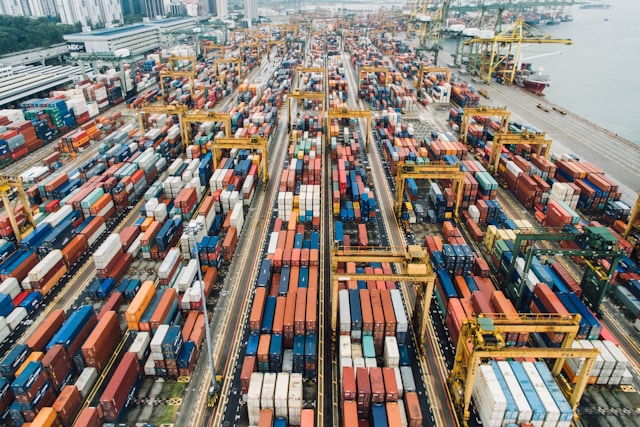International Longshoremen's Association, American Maritime Union stalled over automation talks
 2024-11-15
2024-11-15
 25
25
The labor dispute between the International Longshoremen Association (ILA) and the American Maritime Union (USMX) has escalated again, this time with the focus on port automation. The two sides briefly closed East Coast and Gulf Coast ports in October before agreeing to extend the labor agreement until Jan. 15 and resume port operations. However, the recent negotiations collapsed again.

Negotiation background
The American Maritime Alliance, representing port owners, said in a statement: "While we have made positive progress on many issues, we have failed to make significant progress in discussions involving a range of technical issues." The USMX believes that the agreement ILA adheres to will limit the application of future technologies, which will make the industry unable to adapt to future supply chain needs. These technologies have been used in certain ports for nearly two decades.
At the heart of automation controversy
According to CNBC, the core of this controversy lies in the use of semi-automated cranes. These cranes utilize real-time data and positioning systems to move and identify priority Container. Rather than working directly on the crane, the operator operates from an indoor workstation via remote control. ILA believes that machines should not replace those hard workers who have dedicated their lives to this industry. ILA President Harold J. Daggett said: "We firmly believe that machines should not replace those men and women who work hard. Our union is built on the strength of our members, and I am proud to stand with each member."
Materiality and impact
International Longshoremen Association (ILA): Founded in 1892, it is a union organization representing North American longshoremen. Its members are located in various ports along the U.S. East Coast, Gulf Coast, and eastern Canada.
American Maritime Union (USMX): Represents port operators, maritime companies, and other related businesses along the East Coast and Gulf Coast of the United States. The alliance is committed to maintaining the efficient operation and competitiveness of ports.



















